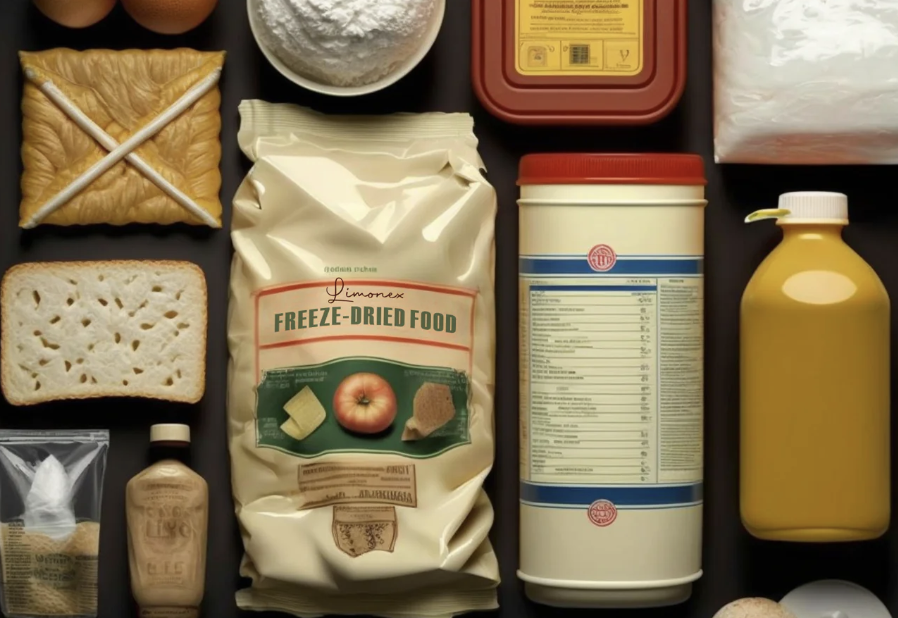In times of crisis or natural disasters, having essential food supplies on hand can make all the difference. Whether it’s a severe storm, power outage, or unforeseen emergency, stocking up on non-perishable food items ensures that you and your family are prepared for any situation. Here are eight foods to consider adding to your emergency pantry to help you weather the storm.
Bread or Bagels
Bread and bagels are convenient staples that can be used to create quick and easy meals, such as sandwiches or toast. They have a longer shelf life compared to other bakery items and can be stored in the freezer for extended periods. Simply thaw or toast them as needed for a satisfying meal or snack.
Counter-Safe Produce: Apples, Onions, and Peppers
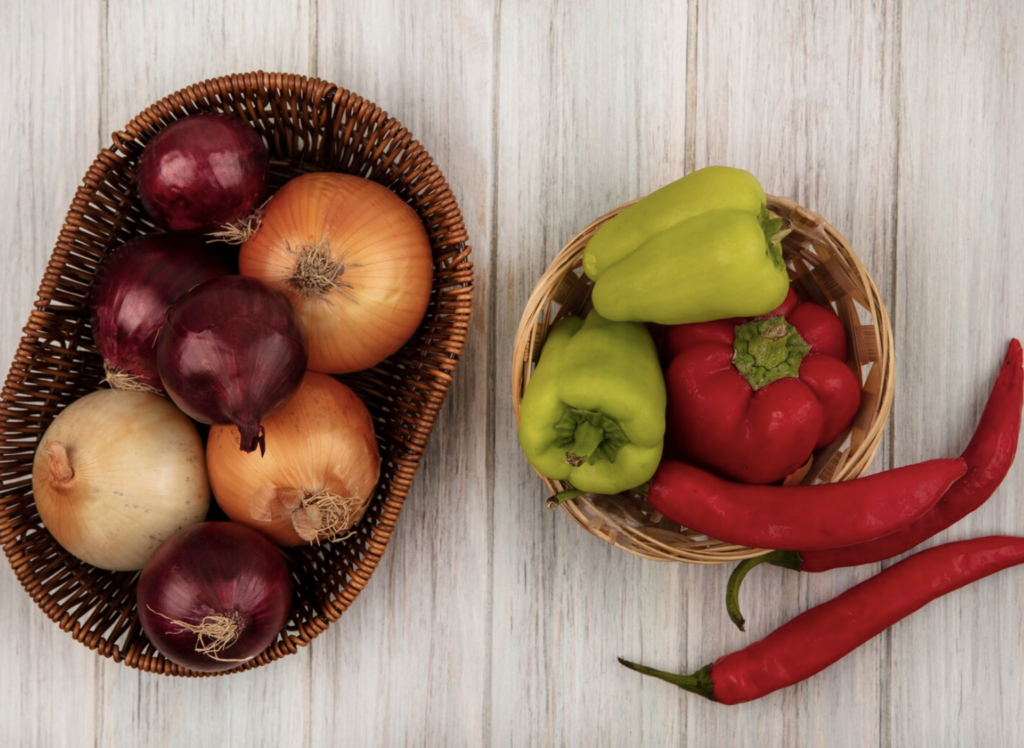
Apples, onions, and peppers are sturdy produce items that can be stored at room temperature for extended periods without spoiling. They provide essential nutrients and add flavor to various dishes, even without refrigeration. Incorporate them into soups, stews, salads, or stir-fries for added freshness and nutrition.
Oatmeal
Oatmeal is a nutritious and filling option that can be stored in your pantry for months without spoiling. It serves as a hearty breakfast or snack option, providing sustained energy and essential nutrients. Simply mix with water or milk and heat it on the stove or in the microwave for a quick and satisfying meal.
Chips and Crackers
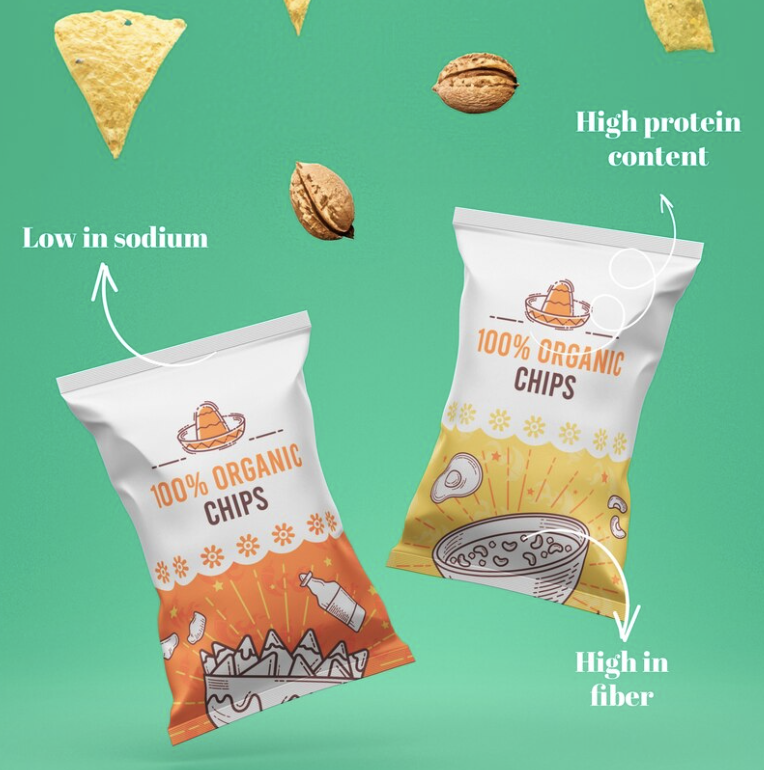
Chips and crackers are convenient and portable snack options that can provide a quick energy boost during emergencies. They have a long shelf life and are available in a variety of flavors and textures to suit different preferences. Enjoy them on their own or pair them with canned soups, cheese, or spreads for a more substantial snack or meal.
Granola
Granola is a nutrient-dense food made from oats, nuts, seeds, and dried fruit, offering a balanced mix of carbohydrates, protein, and fiber. It can be eaten straight out of the bag or mixed with yogurt, milk, or fruit for a wholesome and satisfying meal or snack. Store granola in an airtight container to maintain its freshness and crunchiness for extended periods.
Fruit Juice
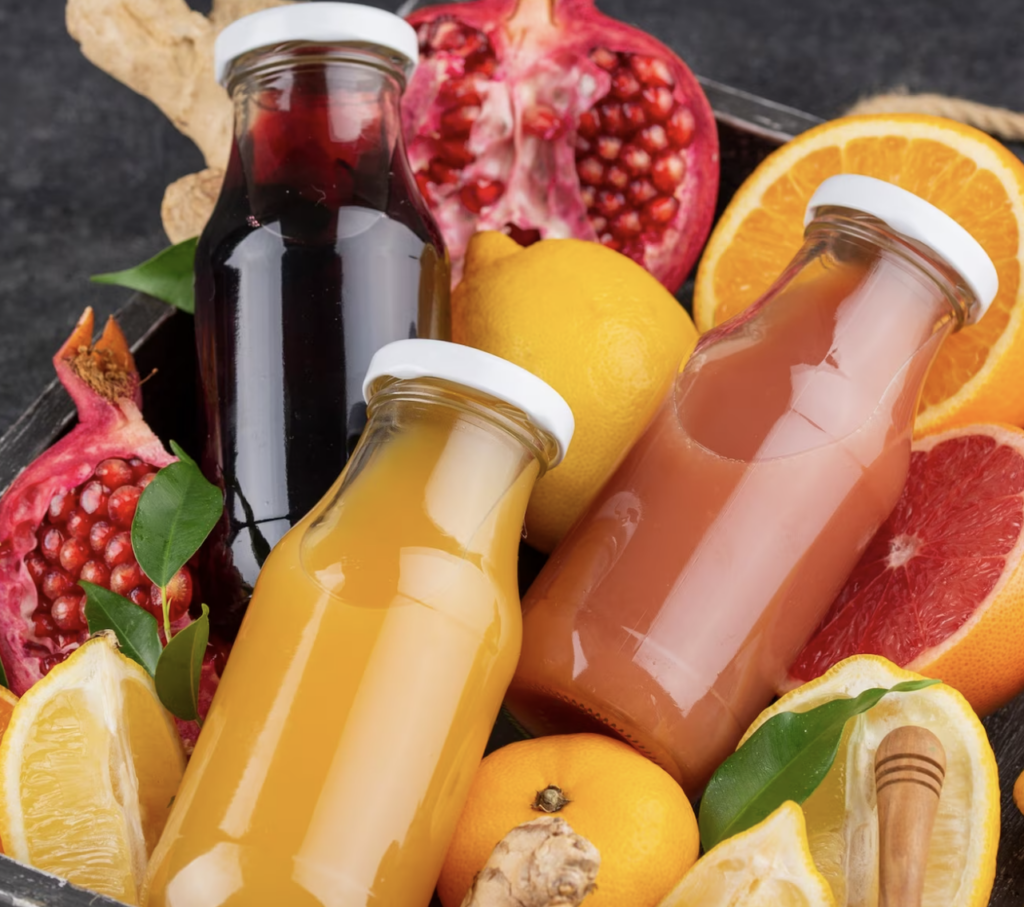
Fruit juice provides essential hydration and nutrients, making it a valuable addition to your emergency food supplies. It can help replenish lost fluids and electrolytes during emergencies and provides a quick source of energy and vitamins. Choose shelf-stable fruit juices that do not require refrigeration for long-term storage and convenience.
Canned or Powdered Milk
Canned or powdered milk serves as long-lasting dairy alternatives that can be used in various recipes or consumed on their own. They provide essential nutrients like calcium and vitamin D and can be stored at room temperature for extended periods. Use them in cooking, baking, or as a beverage substitute for fresh milk during emergencies or when refrigeration is unavailable.
Bottled Water
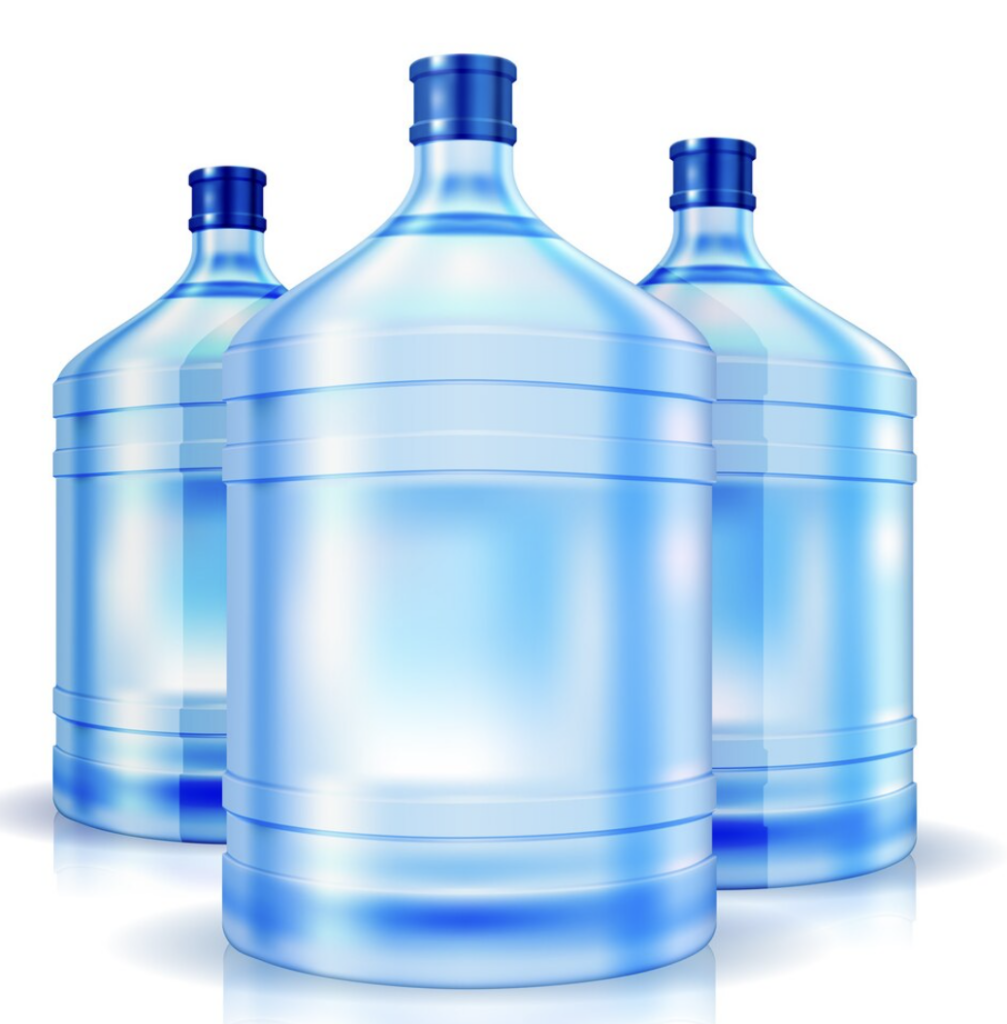
Bottled water is a crucial item to have on hand during emergencies to ensure access to clean and safe drinking water. It is essential for staying hydrated, especially when other water sources may be compromised or unavailable. Store bottled water in a cool, dark place away from direct sunlight to maintain its quality and freshness for an extended period.
Conclusion
In times of emergency, having essential food items readily available can make a significant difference in ensuring you and your family remain nourished and comfortable. By stocking up on bread or bagels, counter-safe produce, oatmeal, chips and crackers, granola, fruit juice, canned or powdered milk, and bottled water, you can be better prepared to weather unexpected situations. Remember to store these items in a cool, dry place and check expiration dates periodically to ensure they remain safe to consume.
FAQs
- How long do emergency food supplies typically last?
- The shelf life of emergency food supplies varies depending on the type of food and storage conditions. It’s essential to check expiration dates regularly and rotate items to maintain freshness.
- Can I substitute fresh produce with canned or frozen alternatives?
- Yes, canned or frozen fruits and vegetables can be excellent substitutes for fresh produce during emergencies. They have a longer shelf life and can provide essential nutrients.
- Is it necessary to stock up on bottled water if I have access to tap water?
- While tap water is typically safe to drink, having bottled water on hand is essential in case of water contamination or disruptions in the water supply during emergencies.
- How can I ensure my emergency food supplies stay fresh for an extended period?
- Store emergency food supplies in a cool, dry place away from direct sunlight and heat sources. Rotate items regularly to use older supplies first and replenish as needed.
- What other non-food items should I include in my emergency preparedness kit?
- In addition to food and water, consider including items such as a first aid kit, flashlight, batteries, blankets, and a portable radio in your emergency preparedness kit. These items can be invaluable during emergencies.
By preparing ahead and stocking up on essential food items, you can ensure that you and your loved ones are better equipped to handle unexpected emergencies and disruptions. Stay informed, stay prepared, and stay safe.


